How my racial awakening led to Encompass
By Aryenish Birdie | December 26, 2017
I grew up thinking I was white because of a technicality.
When I was around five or six my dad pulled up an encyclopedia and taught me that our ancestors were the true Caucasian people and that Caucasians are people from the Caucasus mountains.
He said he wasn’t totally sure when Caucasian and “white” became seen as the same thing but that it was technically incorrect. Despite this narrative from my parents, I was continually asked the frustrating question, “What are you?”
“Kansan,” I’d say, since that’s where I was born and raised.“
No, but where are you from from.”
“Oh,” I’d say, knowing all along what they’re really asking.
While my ancestors lived all over what is today the Middle East and South Asia, my parents immigrated to the U.S. from Pakistan in 1985 and I was born later that year.
To protect me from the racism they experienced as two young brown immigrants in Ronald Reagan’s United States, I grew up being told I was Caucasian.
I spent most of my childhood in the liberal college town of Lawrence, Kansas. And my friends never really challenged me on this claim, but I made things easier on them by changing my name to Anna and doing lots of small things to help me and my family assimilate.
We didn’t talk about race and, of course, I have light skin privilege which made things easier for me than for other people of color.
While I experienced microaggressions time to time, I chalked it up to ignorance on their part. Sometimes I overheard my parents talk about the racism they faced at work but they’d never discuss it with me.
They believed that the best way to give me and my little sister every opportunity this country had to offer was making us think we were invincible, and in this country that meant telling us we were white.
It wasn’t until high school that I heard people make fun of my dad’s thick accent. And it wasn’t until September 11, 2001, when I was in the 10th grade, that a racial slur was used against me.
I was called a “sand nigger” on September 11.
I had never heard the term before, nor had I ever been told to “go back to my country.” I started to understand the world we live in. But even through that time period I assumed everyone had it all wrong and that I was white and they were just ignorant.
I graduated high school and entered college and for the first time ever, my peers challenged me when I said I was white. I started taking classes and talking to people about race, class, ability, sexuality, gender and so much more.
I started asking questions, and reading and listening—really listening. And then I took a course on the complexities on hybrid identities and race relations in the U.S. and halfway through the semester I had an actual panic attack realizing my entire identity was something other than what I had thought it was growing up.
It was in that moment that I realized not only how complicated race is in this country, but how consequential. After that awakening, I participated in racial justice organizing spaces, and I claimed boldly and proudly my identity as a woman of color—something I’m immensely proud of to this day.
To be honest, I really debated whether I should share this vulnerable story of mine. In many ways, it’s embarrassing and shows a lot of my privilege. I was worried I’d be judged.
But as an animal advocate, I want to help facilitate a conversation that in the professional movement we have avoided for far too long. I’ve seen how this segment of our movement ignores race and in some ways I used to too. But now is the time to intervene on that behavior.
I wanted to start with me and put myself in the position of making myself uncomfortable because addressing race requires all of us to be uncomfortable at times—it’s the only way we grow and strengthen.
I’ve talked to too many people of color who feel they have to put their identities on hold when they do activism in this movement, they don’t feel comfortable joining our cause in the first place, or they abandon the movement altogether—and that’s a problem we can fix.
So I hold my story with me and used it as fuel as I was launching Encompass five months ago.
I founded Encompass for two core reasons: 1) I truly believe, and countless studies show, that the more diverse and inclusive our movement is, the more effective we’ll be and, 2) if we want to be racially inclusive (and I hear both leaders and the base of our movement saying this is something they want) then we need to empower advocates of color and not pretend to be colorblind.
I’ve been an animal advocate for over 20 years and I am so proud of the accomplishments we’ve made and continue to make. We are a movement of incredible people who work at all levels to make real change for animals.
I decided to launch Encompass because there is an opportunity for the professional farmed animal protection movement to be even more effective, bigger, and better. I invite you to join me in making a racially equitable movement a reality. Let’s do this together!

